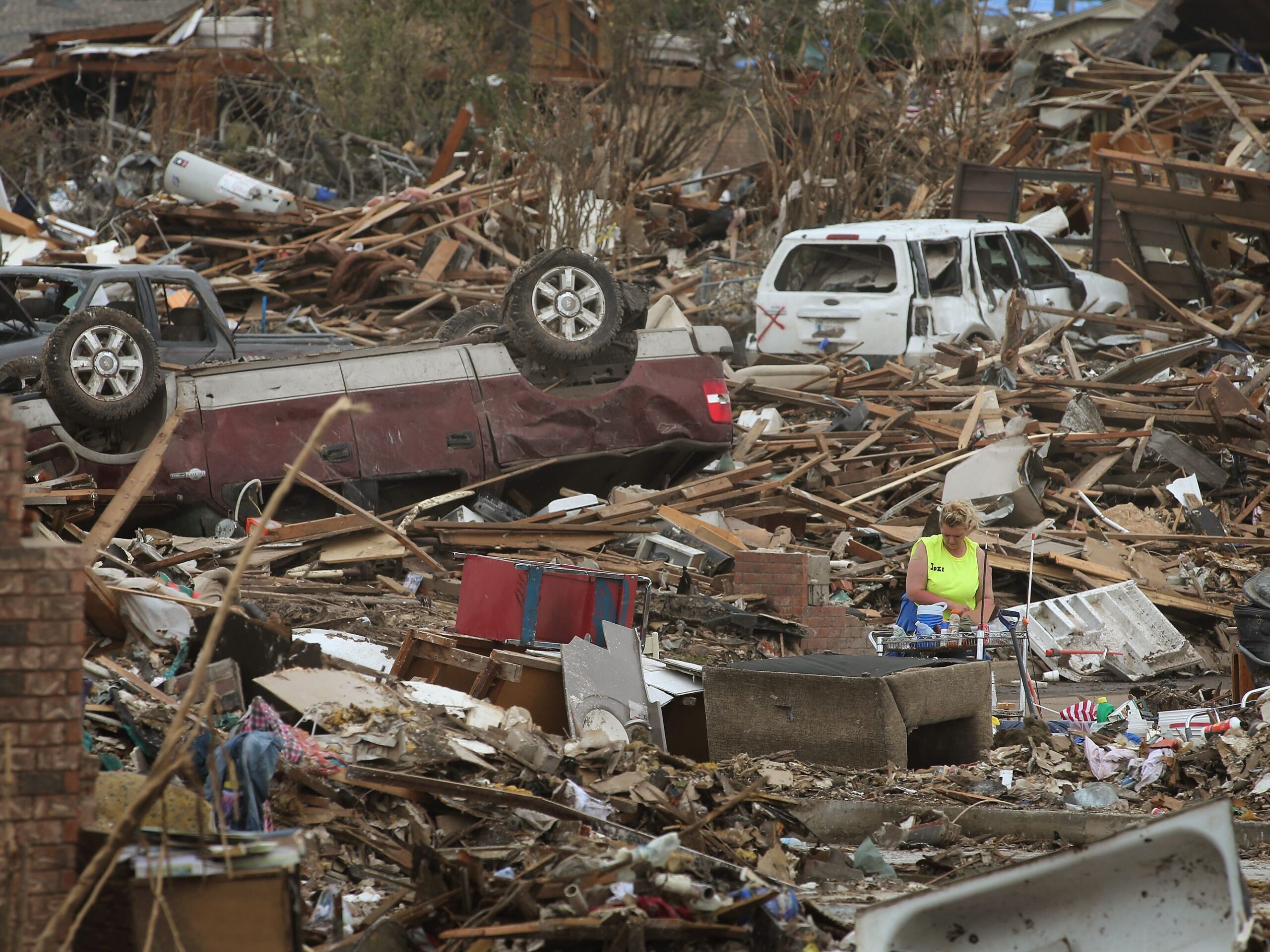Define Disaster, Hazard, Risk, Threat
Disaster: A serious disruption of the functioning of a community or a society causing widespread human, material, economic or environmental losses that exceed the ability of the affected community or society to cope using its own resources.
A disaster is a function of the risk process. It results from the combination of hazards, conditions of vulnerability, and insufficient capacity or measures to reduce the potential negative consequences of risk.
Major Disaster : Any natural catastrophe: hurricane, tornado, storm, flood, high water, wind-driven water, tidal wave, tsunami, earthquake, volcanic eruption, landslide, mudslide, snowstorm, or drought, any fire, flood in any part of a country, which in the determination of the head of states/country causes damage of sufficient severity.
Hazard: A potentially damaging physical threatening event, or probability of occurrence of a potentially damaging phenomenon within a given time period and area and phenomenon or human activity that may cause the loss of life or injury, property damage, social and economic disruption or environmental degradation.
A potentially damaging physical event, phenomenon and/or human activity, which may cause the loss of life or injury, property damage, social and economic disruption or environmental degradation. Each hazard is characterized by its location, intensity, frequency and probability.
Hazard is the potential to cause harm; risk on the other hand is the likelihood of harm (in defined circumstances, and usually qualified by some statement of the severity of the harm).
A chance of being injured or harmed; danger: Space travel is full of hazards.
A possible source of danger: a fire hazard.
Hazards:
| Contact with: electricity chemicals heat or cold ionizing/non-ionizing radiation gases and/or fumes oxygen deficiency Struck by moving or flying objects falling material Strike against stationary or moving objects protruding objects | Sharp or jagged edges Caught in, on, or between pinch points protruding objects moving/stationary objects Fall to same level to lower level Overexertion lifting pulling pushing | Adverse environmental impact chemicals fire spills releases Security unknown/unauthorized people in area missing/damaged materials equipment at work site |
The relationships between hazard, vulnerability and disaster have been commonly represented as:
Disaster = Hazard + Vulnerability or
Disaster= Hazard x Vulnerability
Disasters occur when hazard strikes a vulnerable community whose capacity is limited. Disasters may decrease in frequency and severity as capacities are increased. Disaster = (Hazard x Vulnerability)/ Capacity
The relationship between hazard and risk must be treated very cautiously. If all other factors are equal – especially the exposures and the people subject to them, then the risk is proportional to the hazard. However all other factors are very rarely equal.
VULNERABILITY: A set of conditions and processes resulting from physical, social, economic, and environmental factors, which increase the susceptibility of a community to the impact of hazards. Positive factors that increase the ability of people and the society they live in to cope effectively with hazards and can reduce their susceptibility are often designated as capacities.
RISK: The probability of harmful consequences, or expected losses (deaths, injuries, property, livelihoods, economic activity disrupted or environment damaged) resulting from interactions between natural or human-induced hazards and vulnerable conditions.
Risk: (noun) in terms of a hazard, chance, bad consequences, loss, etc..
Verb in terms of: to expose to chance of injury or loss, venture on, accept the chance of.
Risks are always created or exist within social systems, therefore it is important to consider the social contexts in which risks occur and that people therefore do not necessarily share the same perceptions of risk and their underlying causes.
RISK = HAZARD x VULNERABILITY
Source: The UN International Strategy for Disaster Reduction (UNISDR, 2006)
Threat is a party with the intent and capability to exploit vulnerability in an asset. This could be a malicious hacker or a disgruntled employee.
Risk is the probability of harmful consequences resulting from interactions between threats and vulnerable assets. Conventionally risk is expressed by the relation Risk = Severity x Likelihood.
